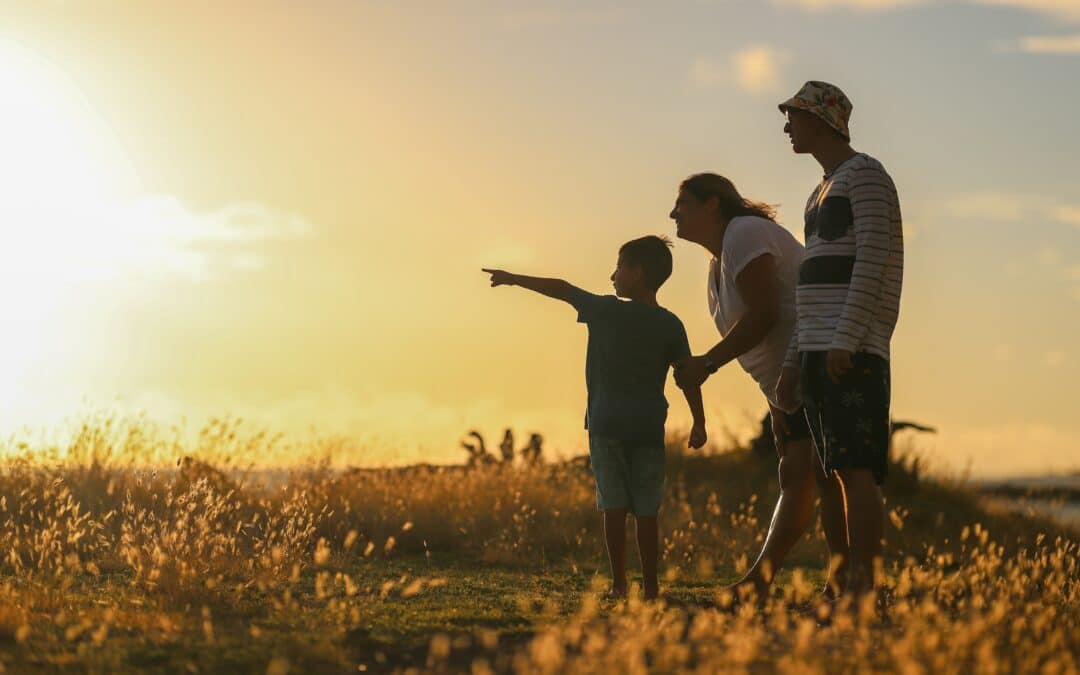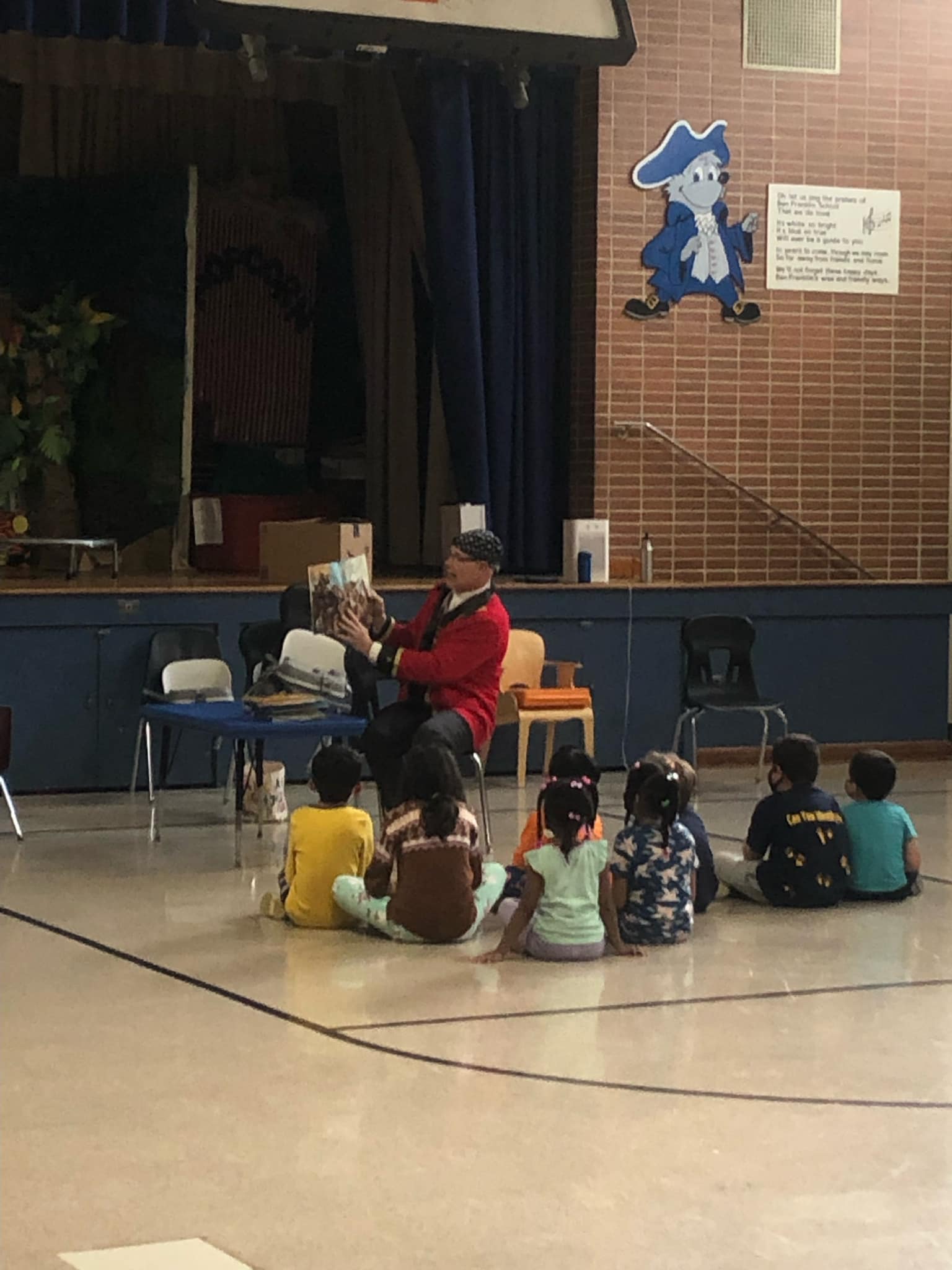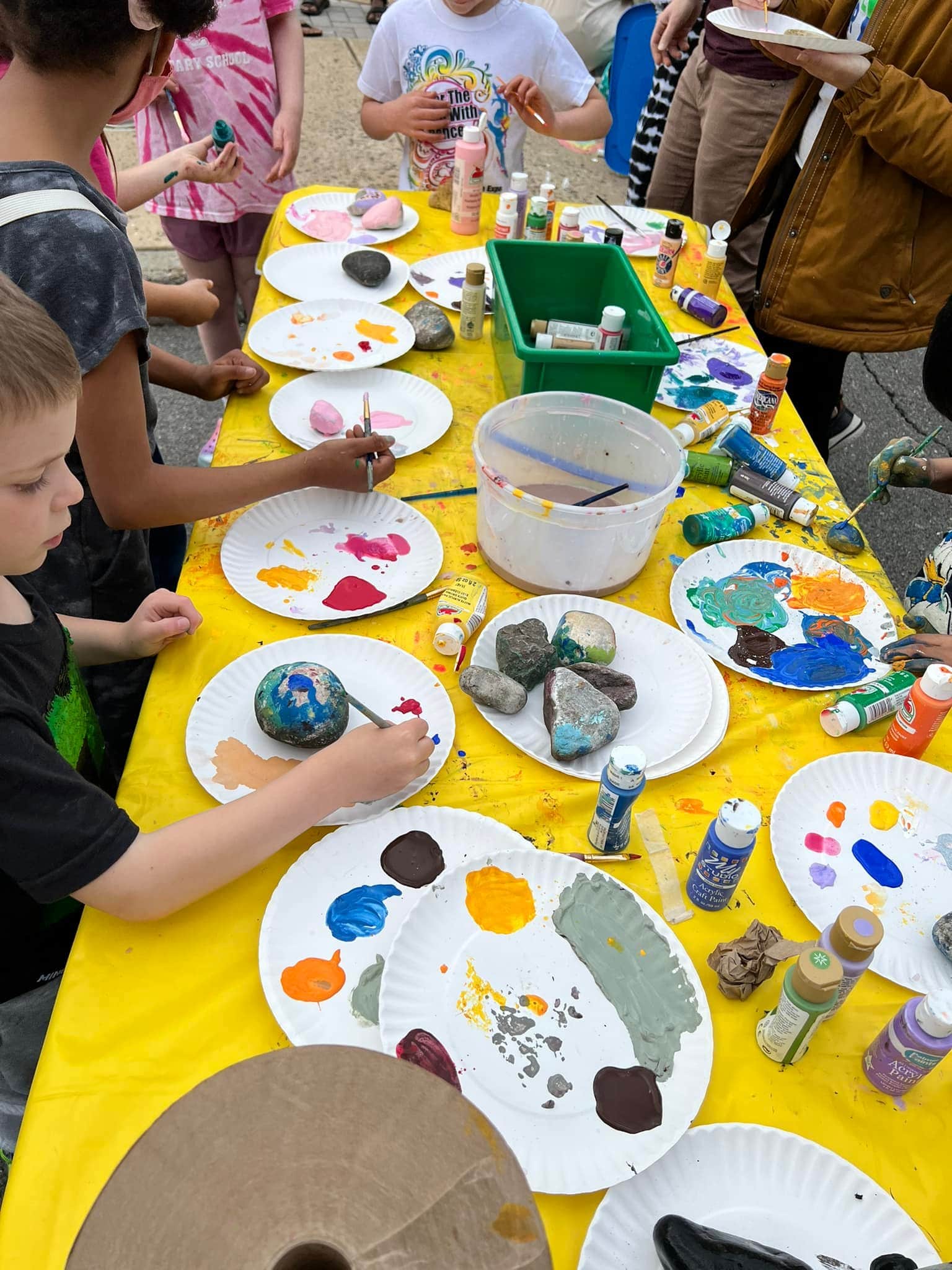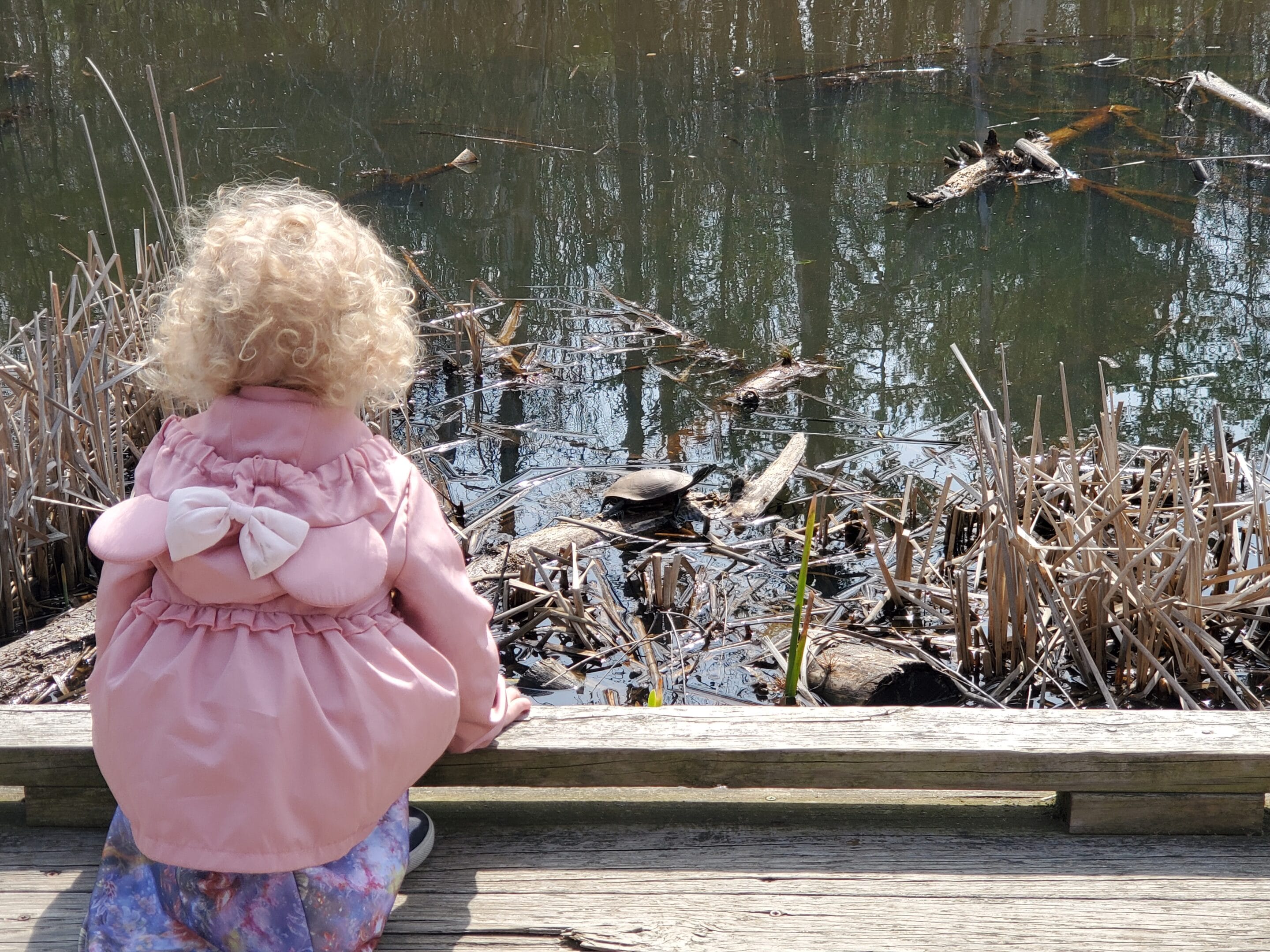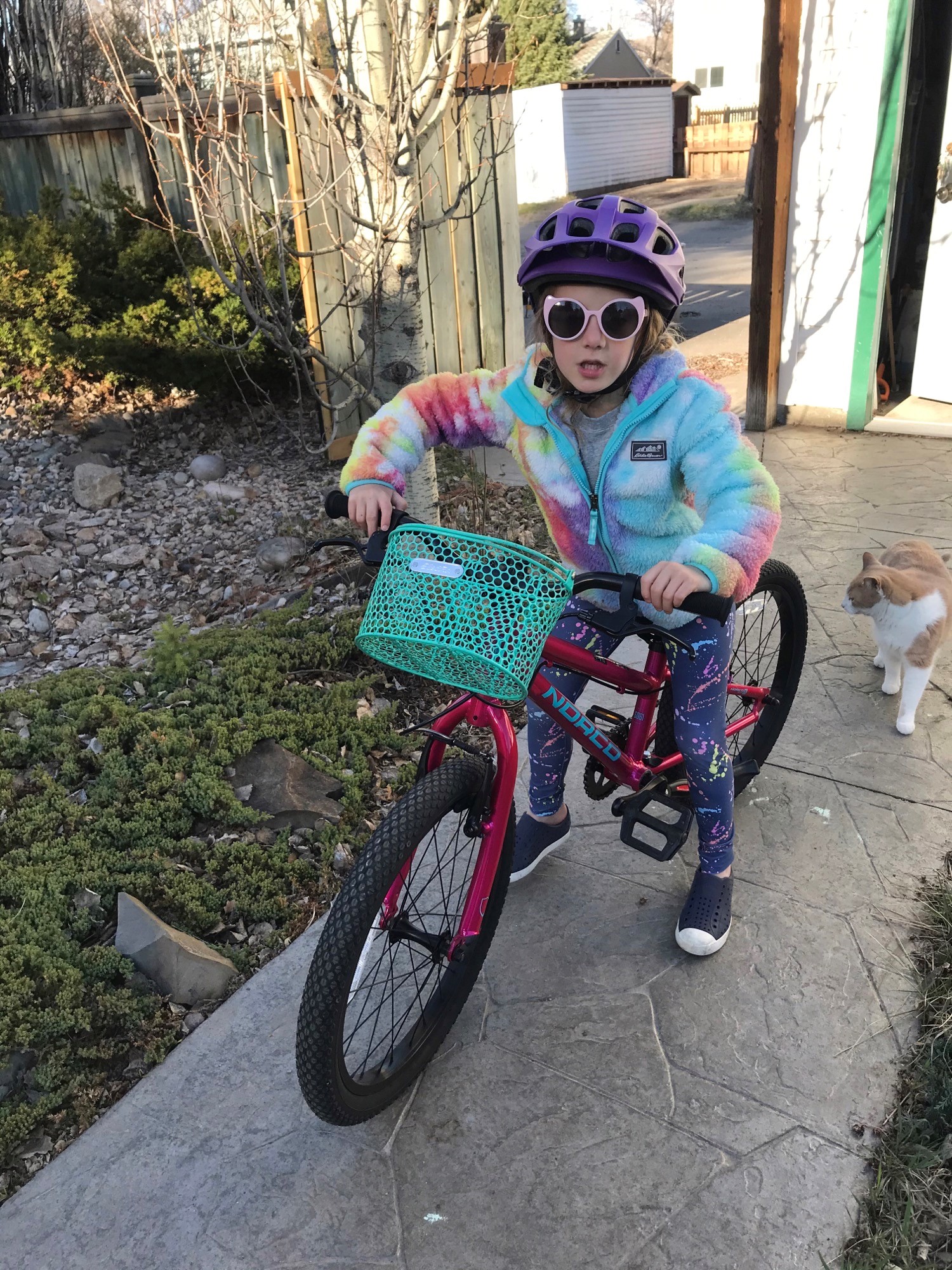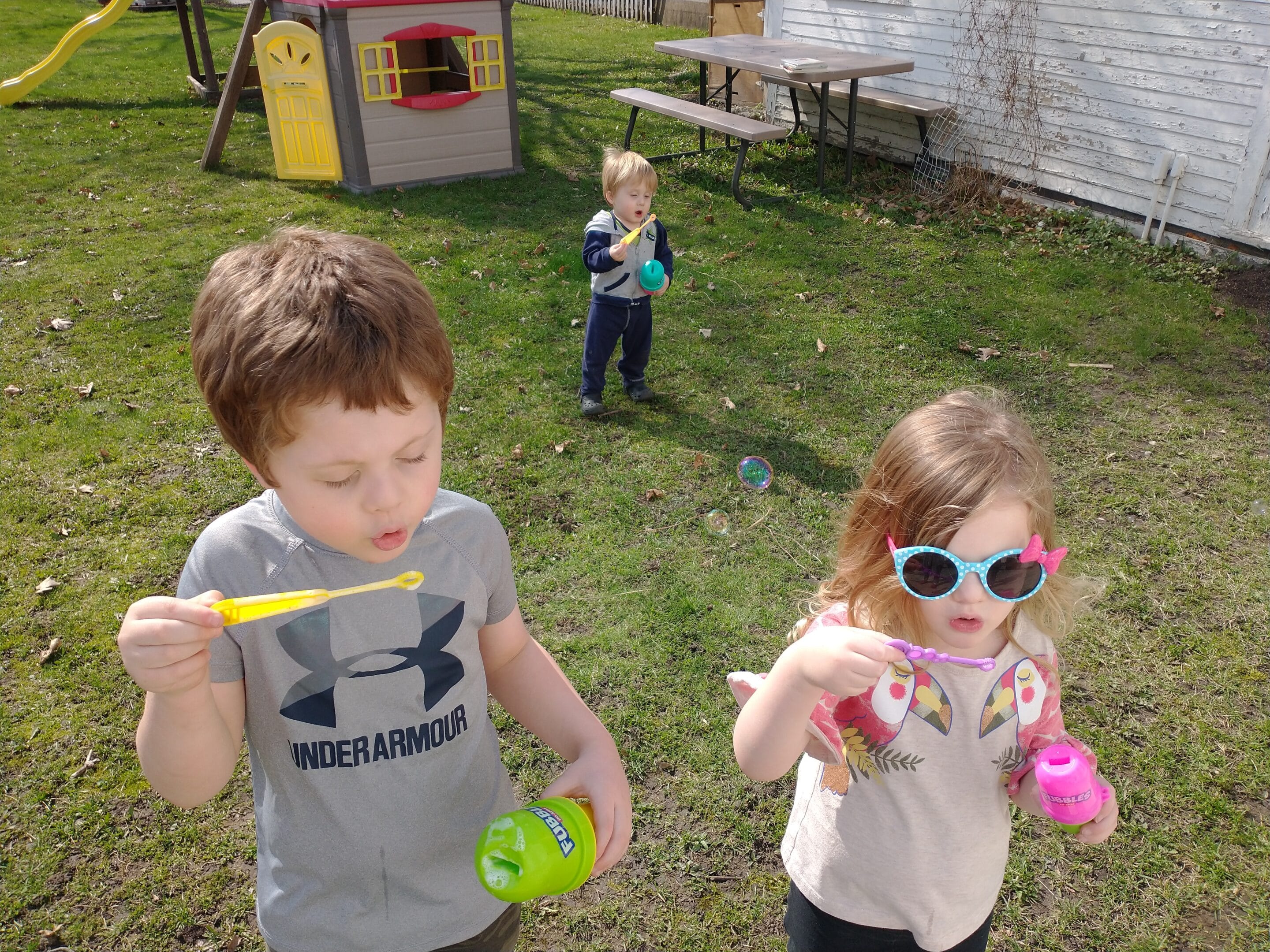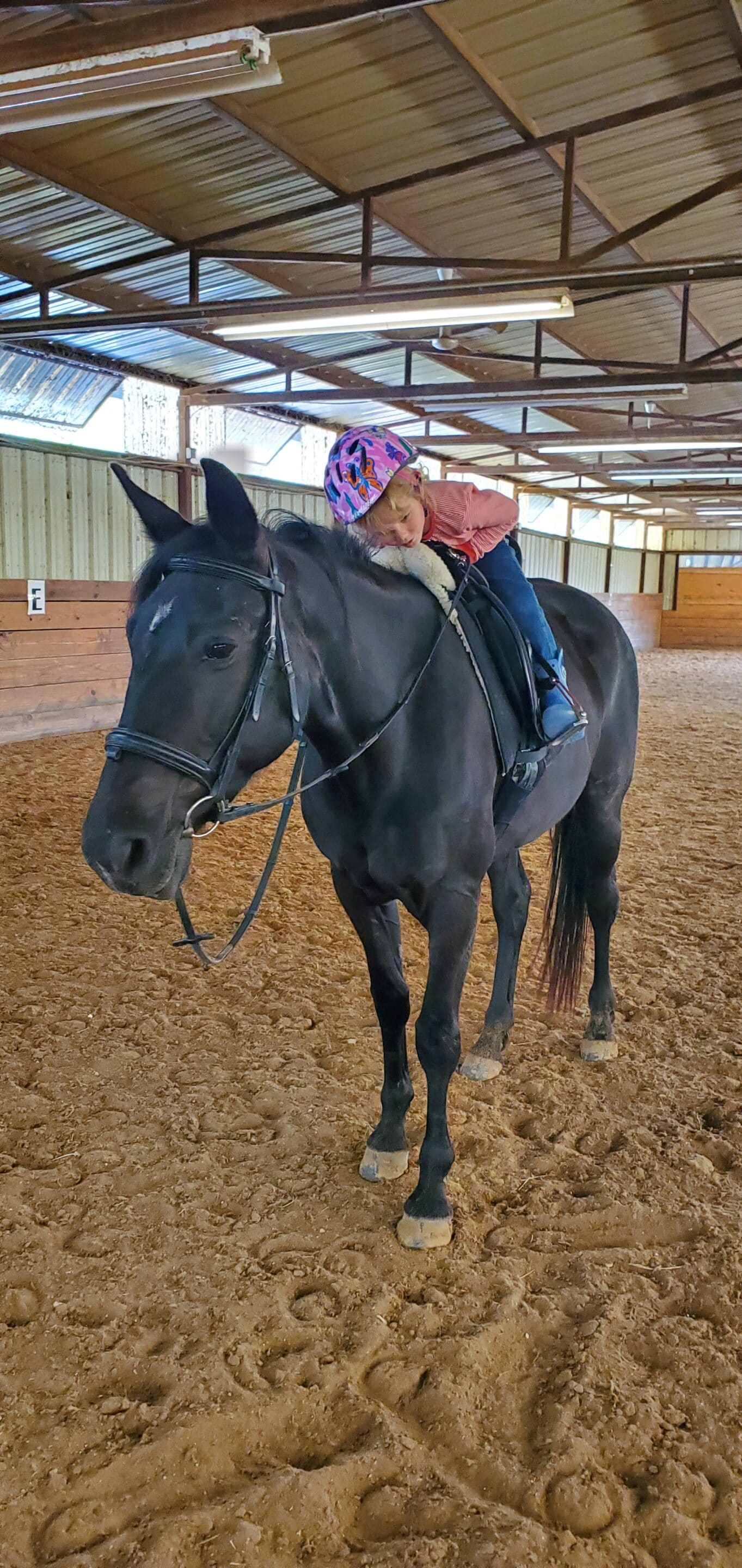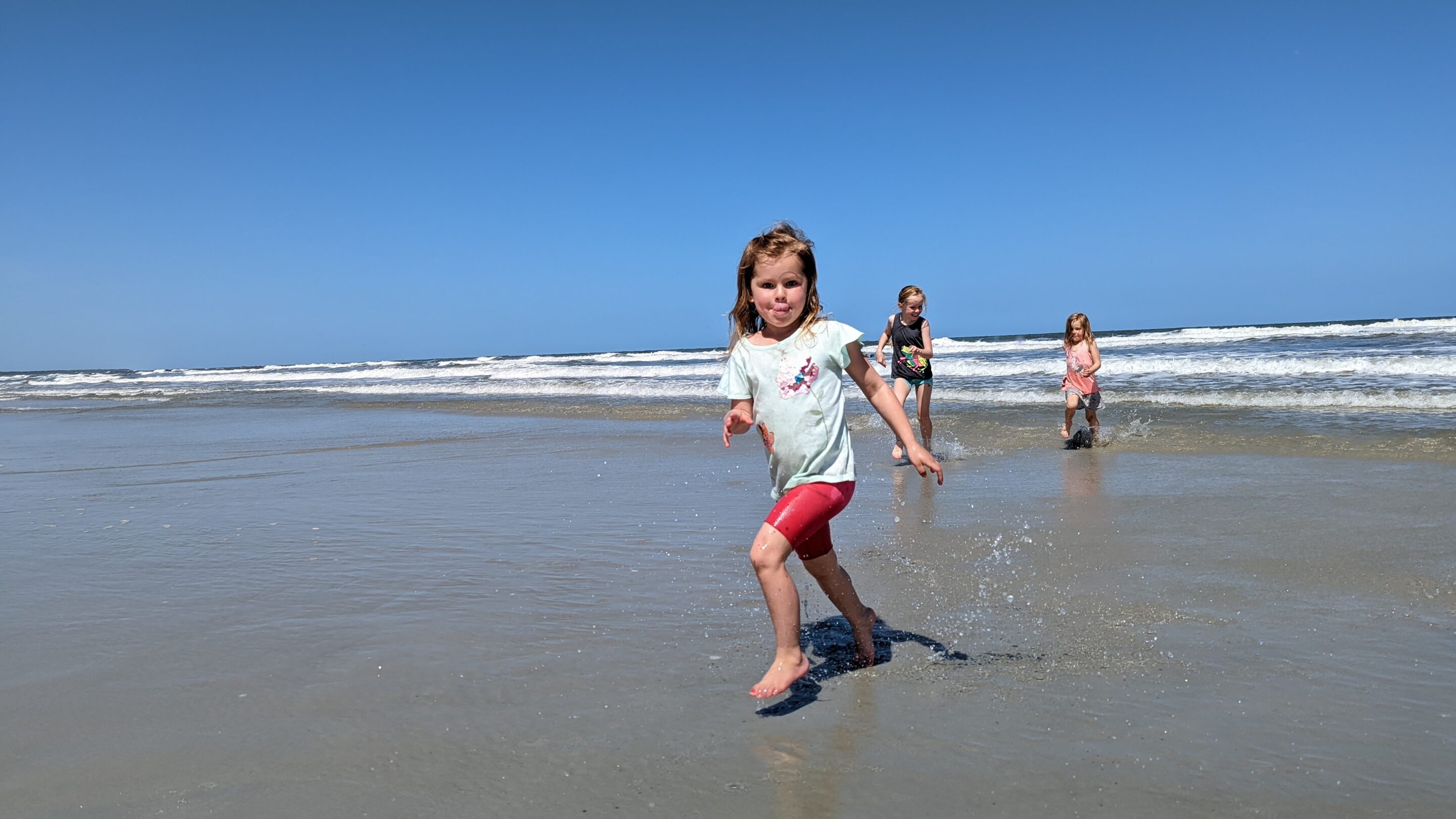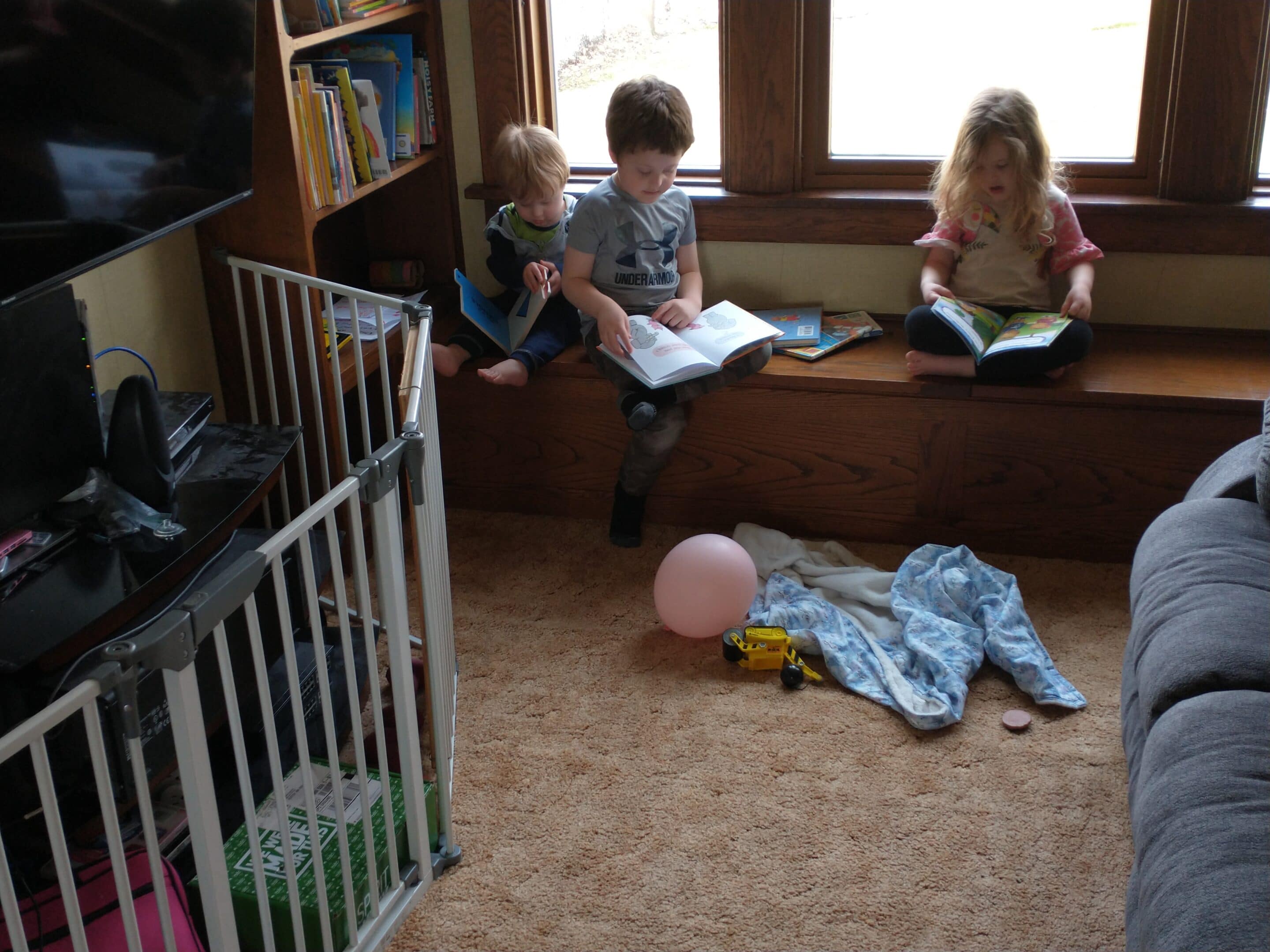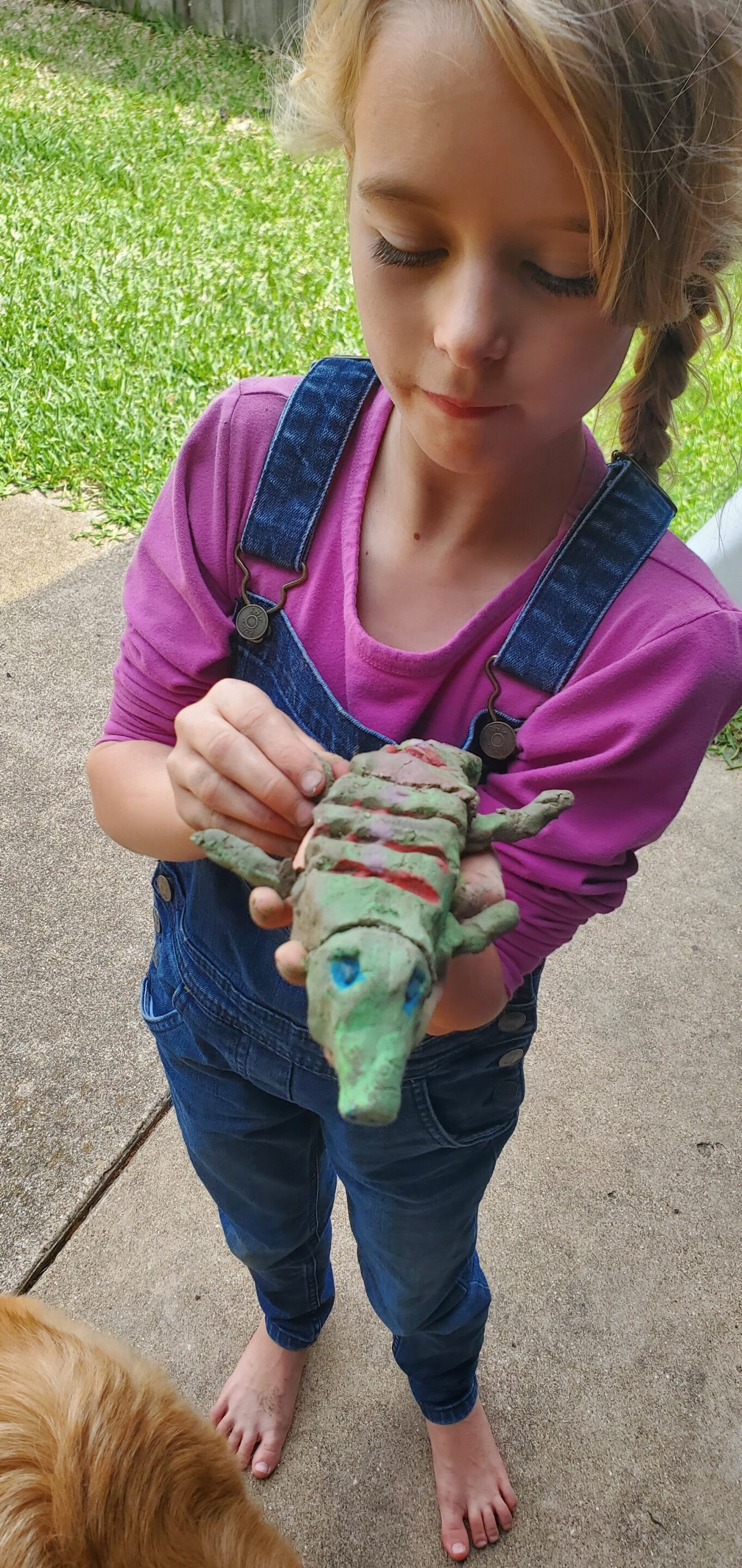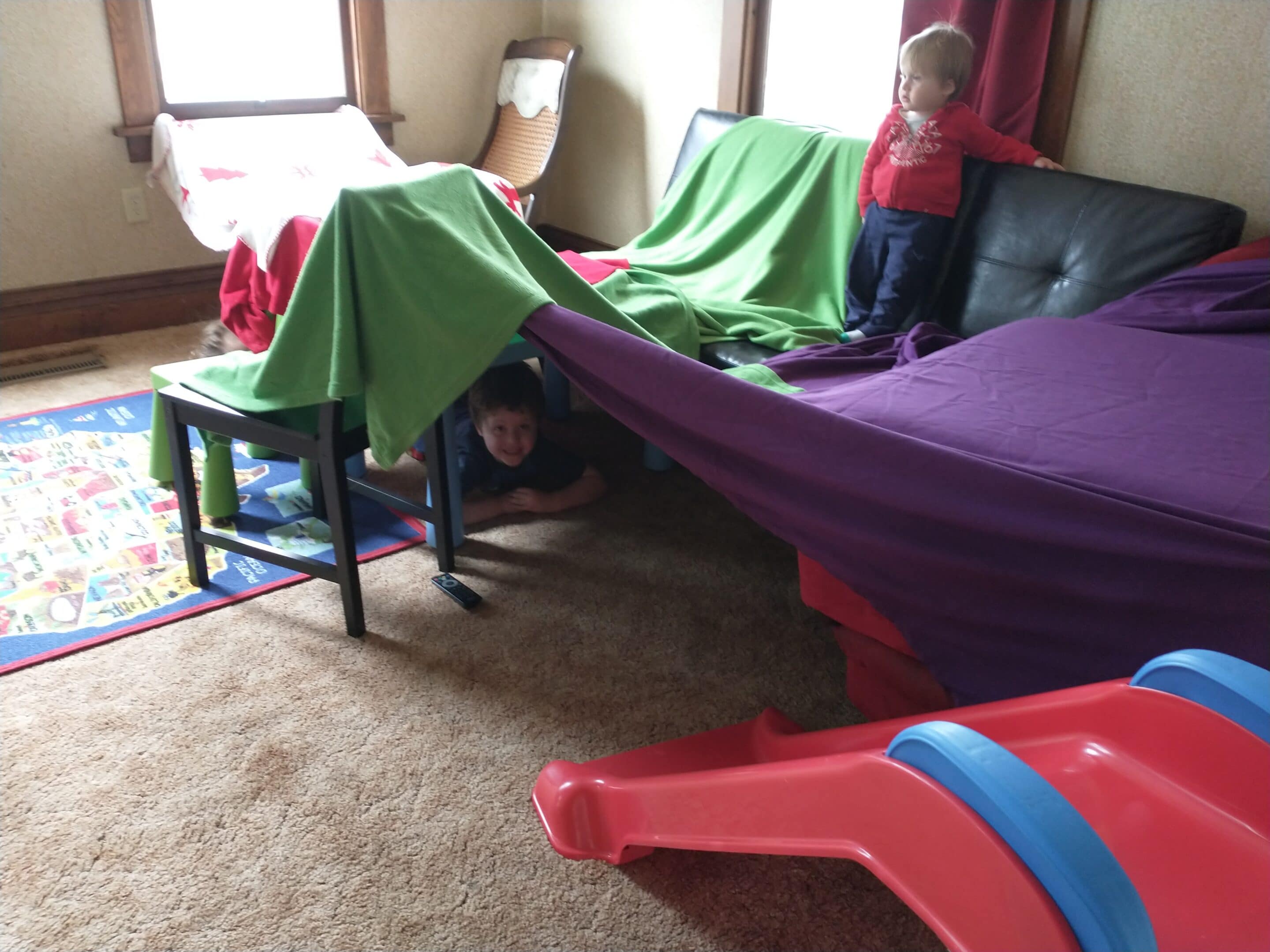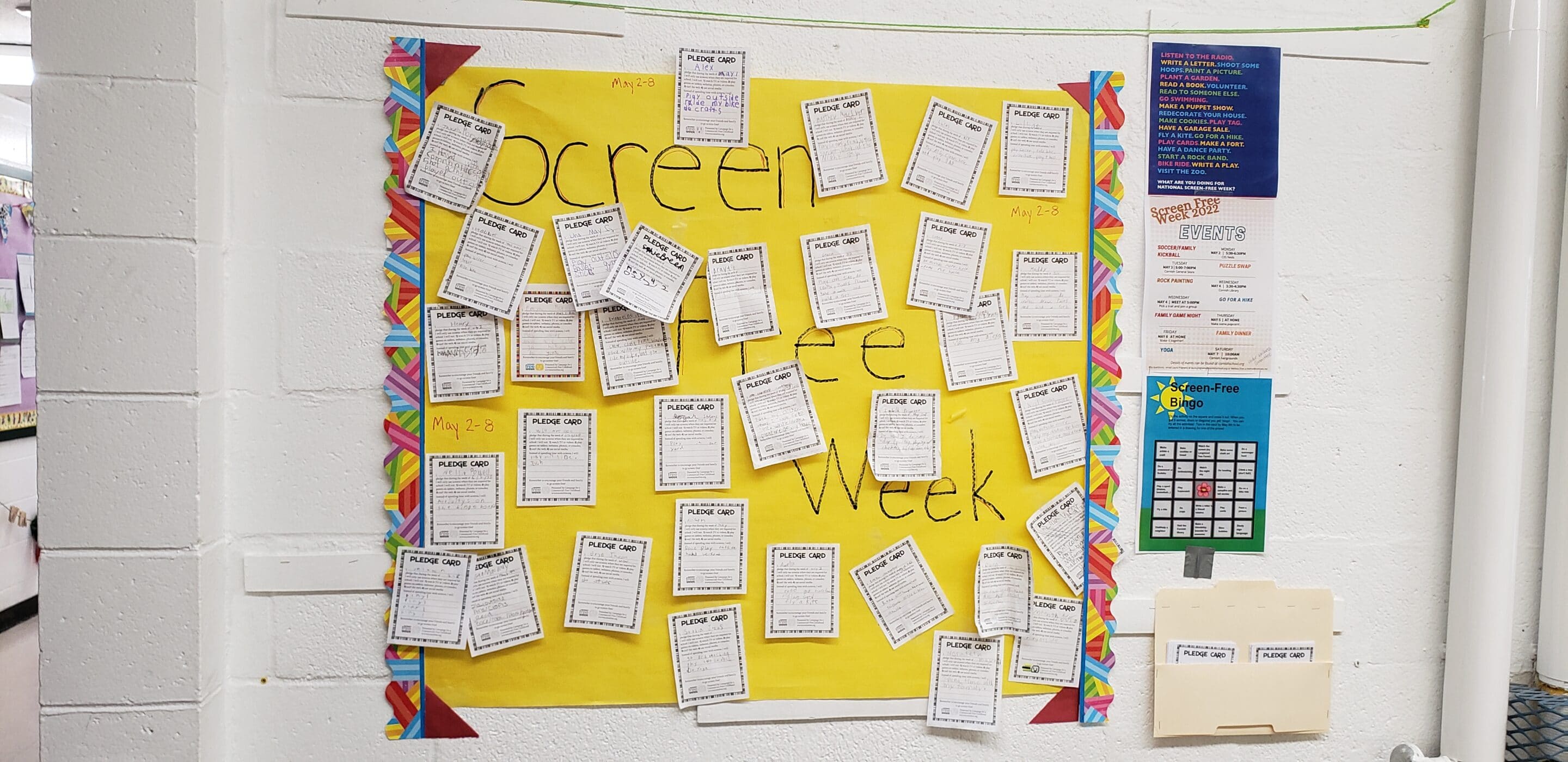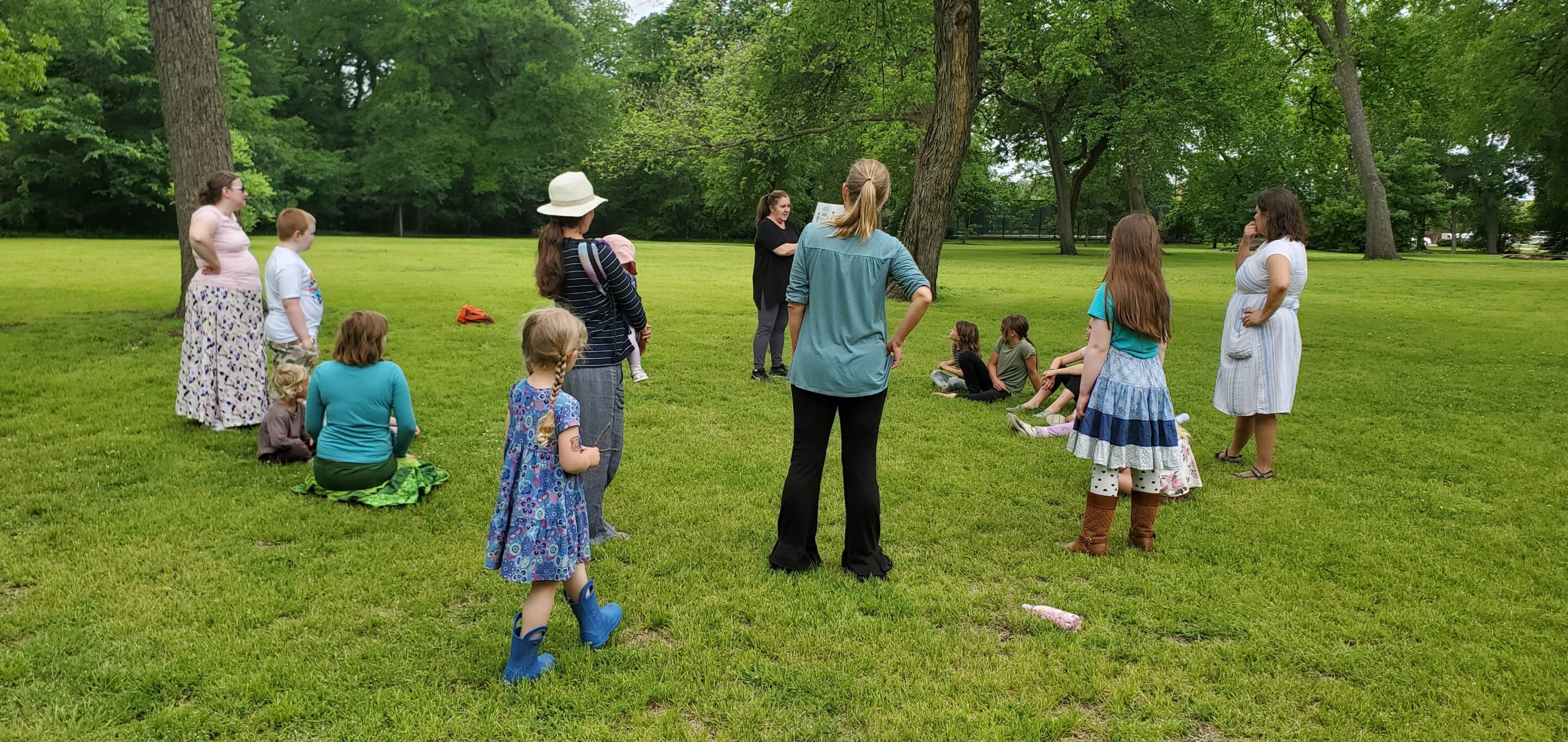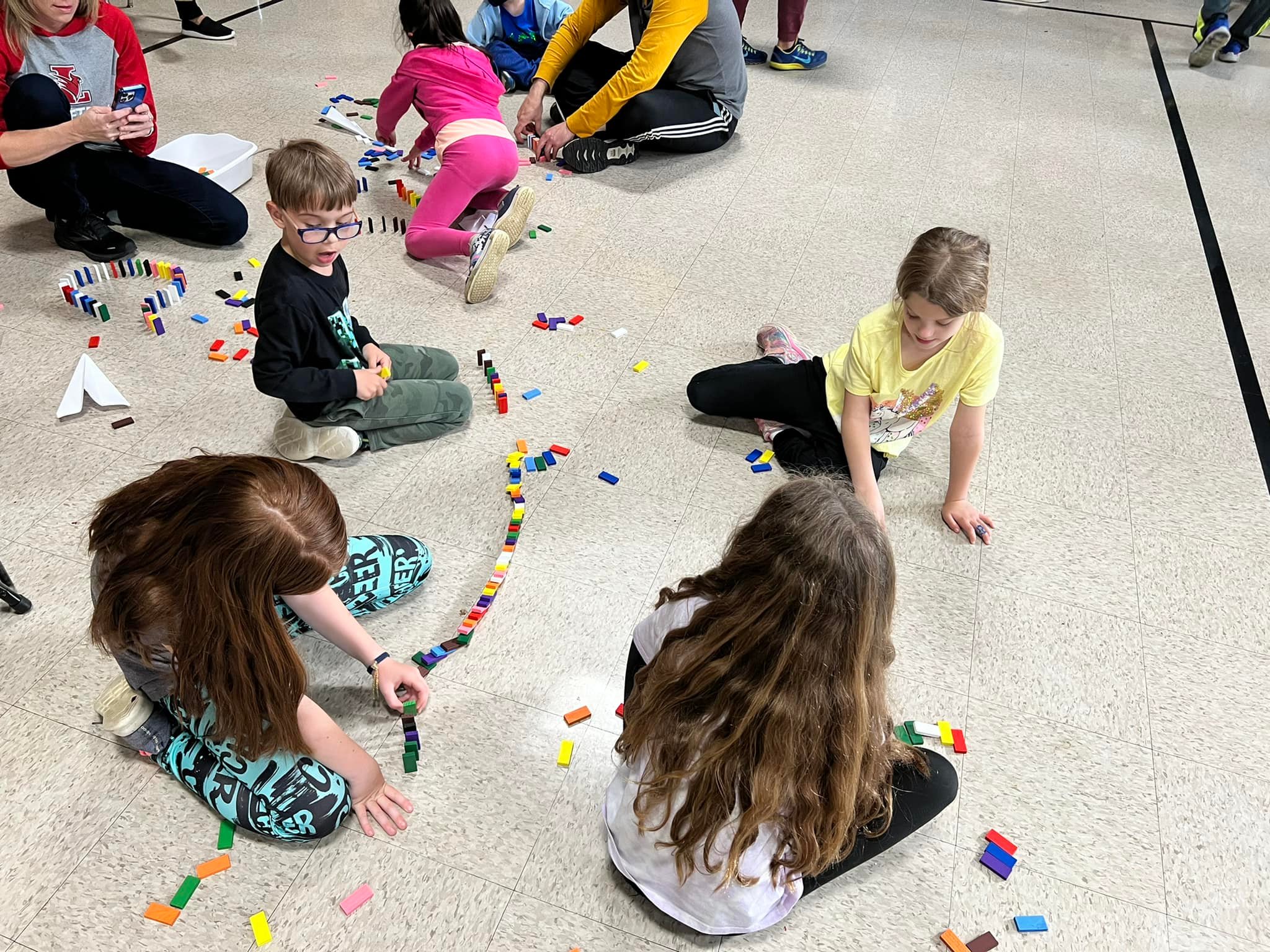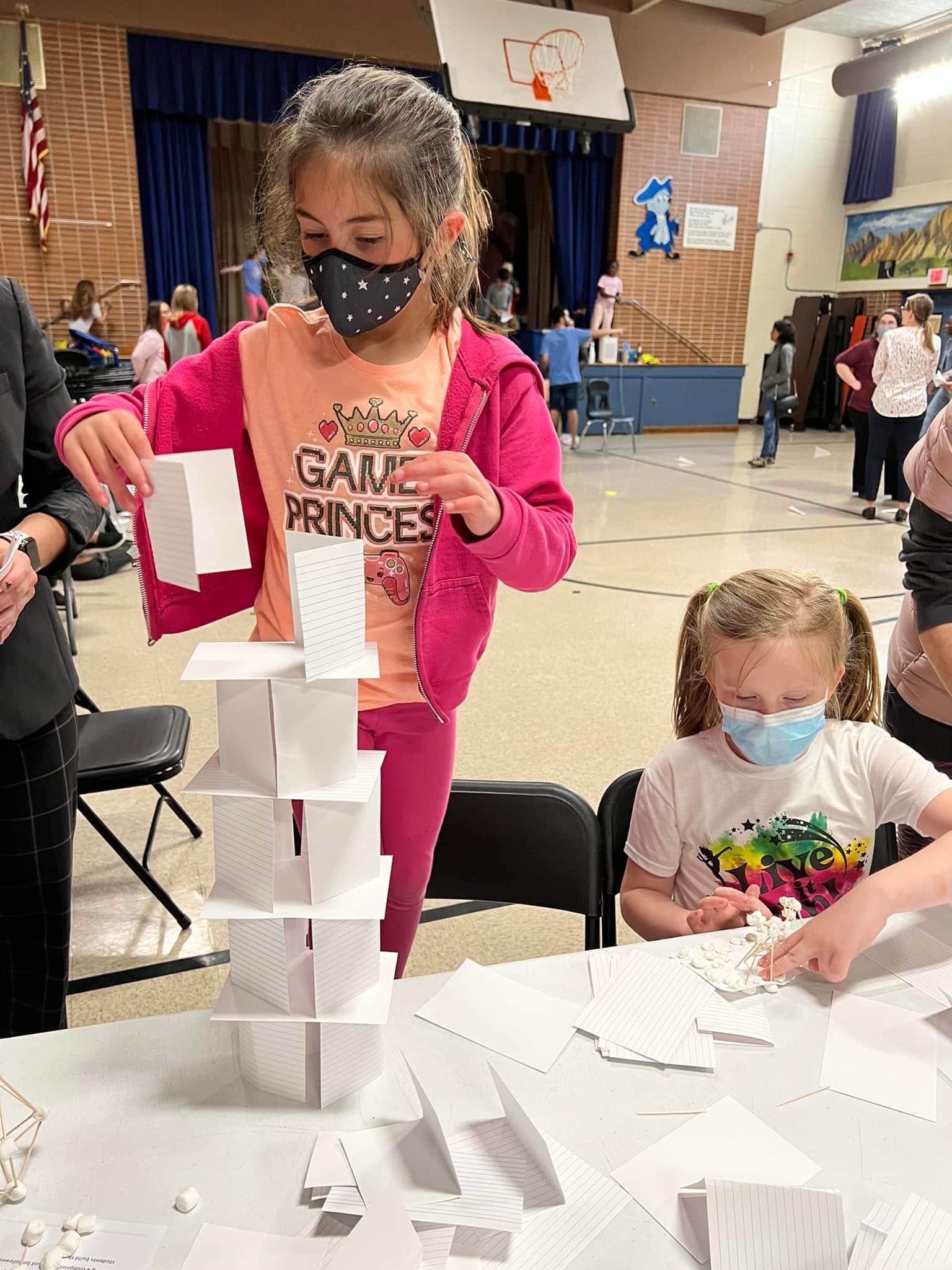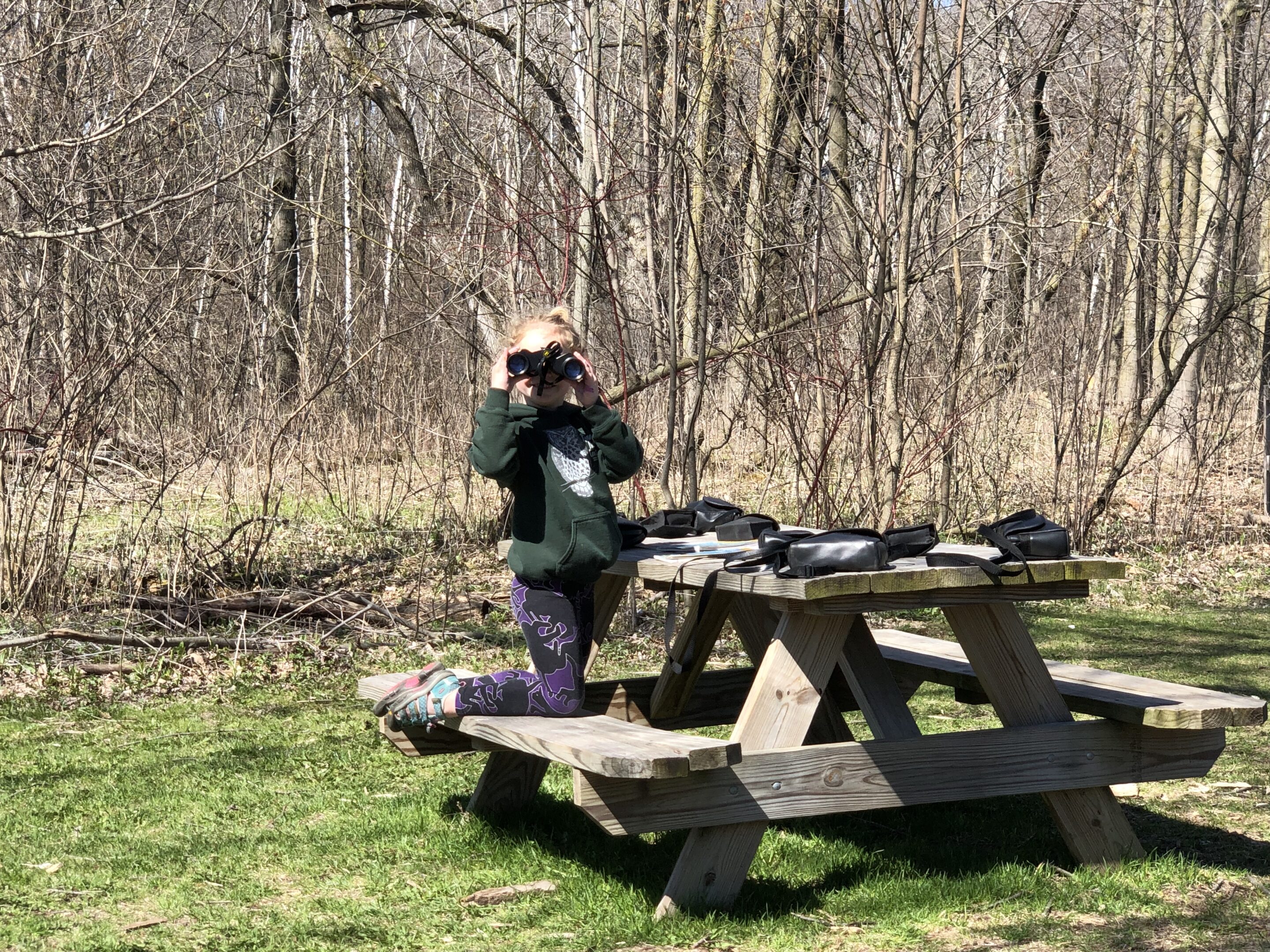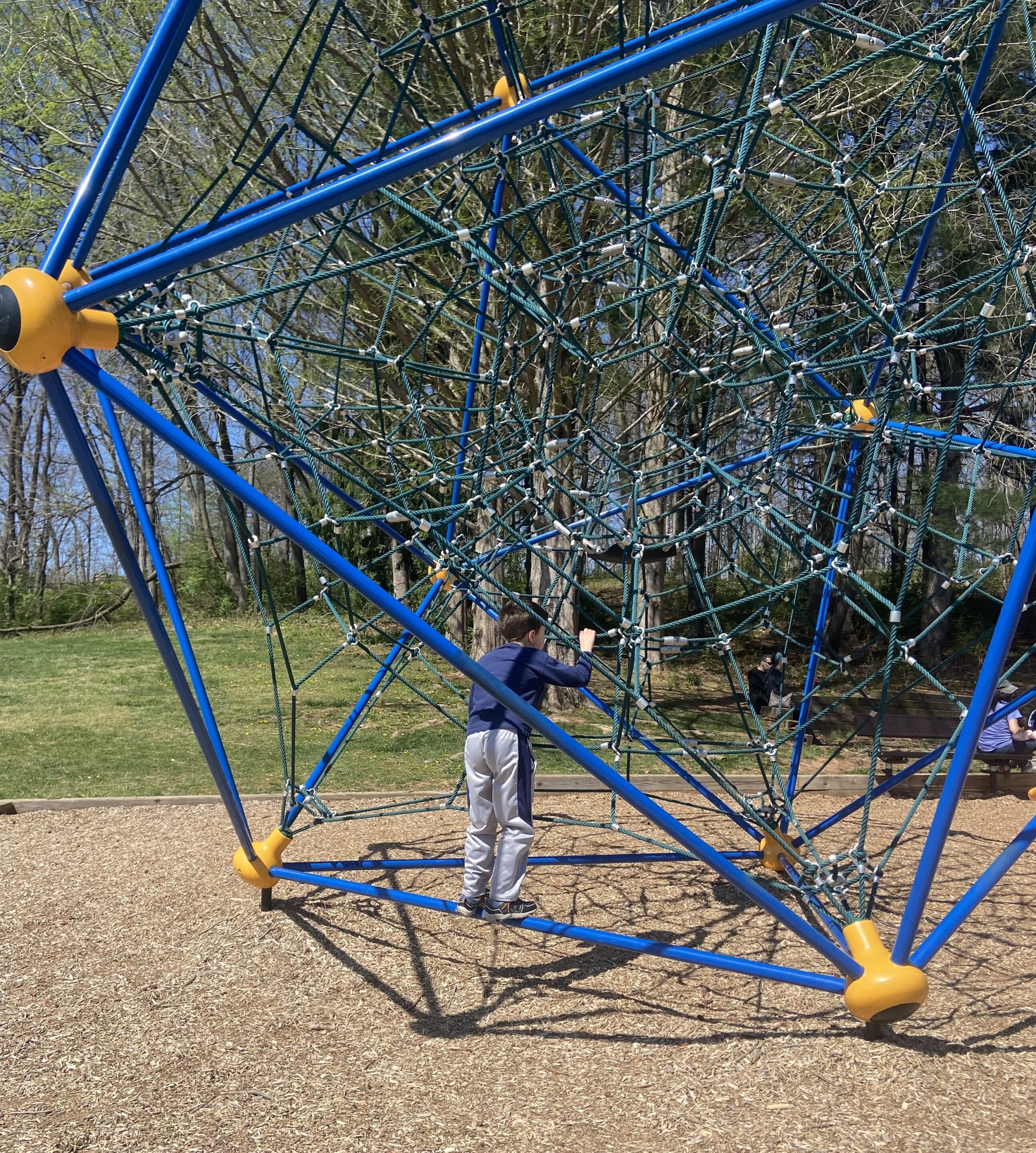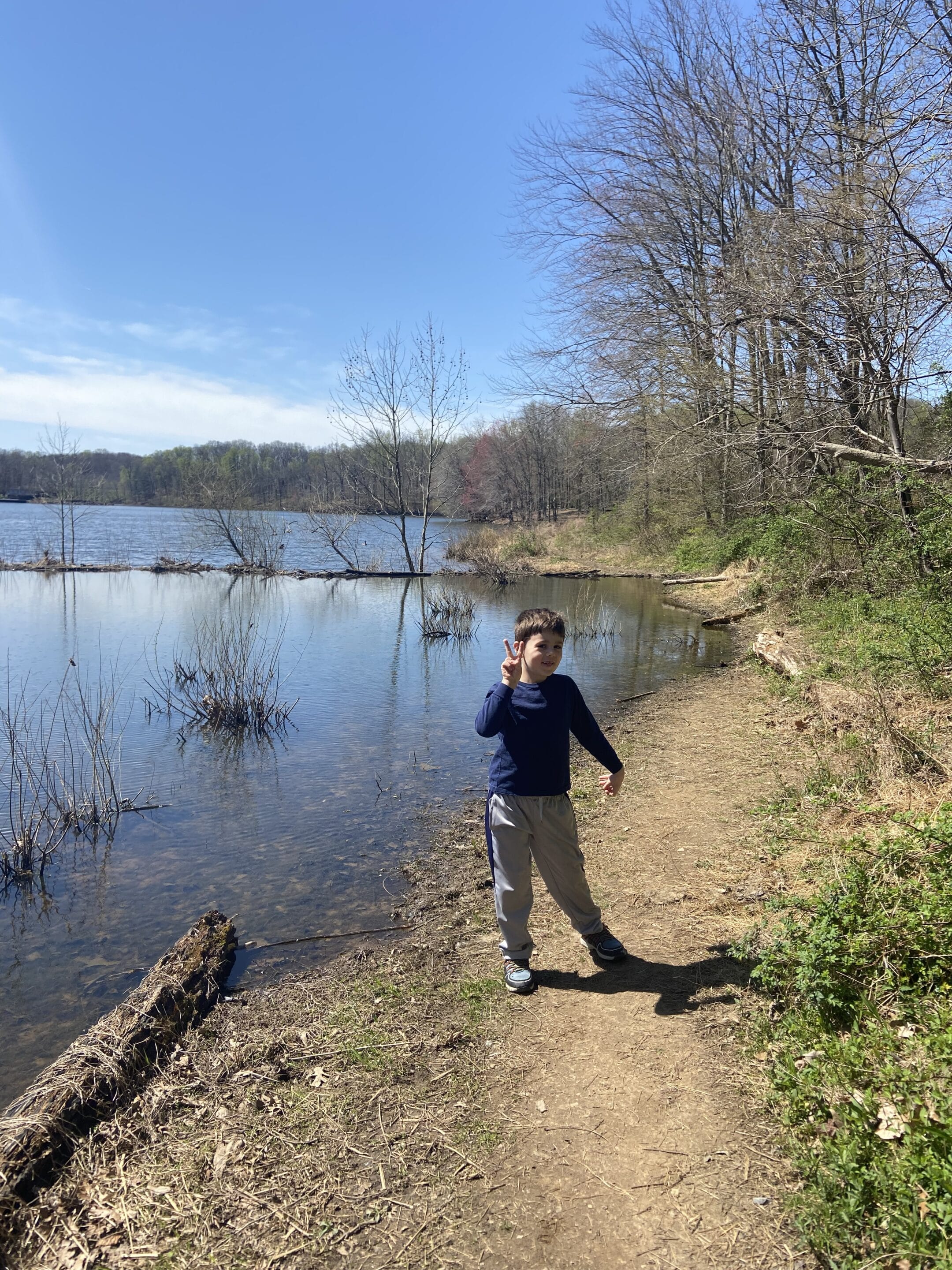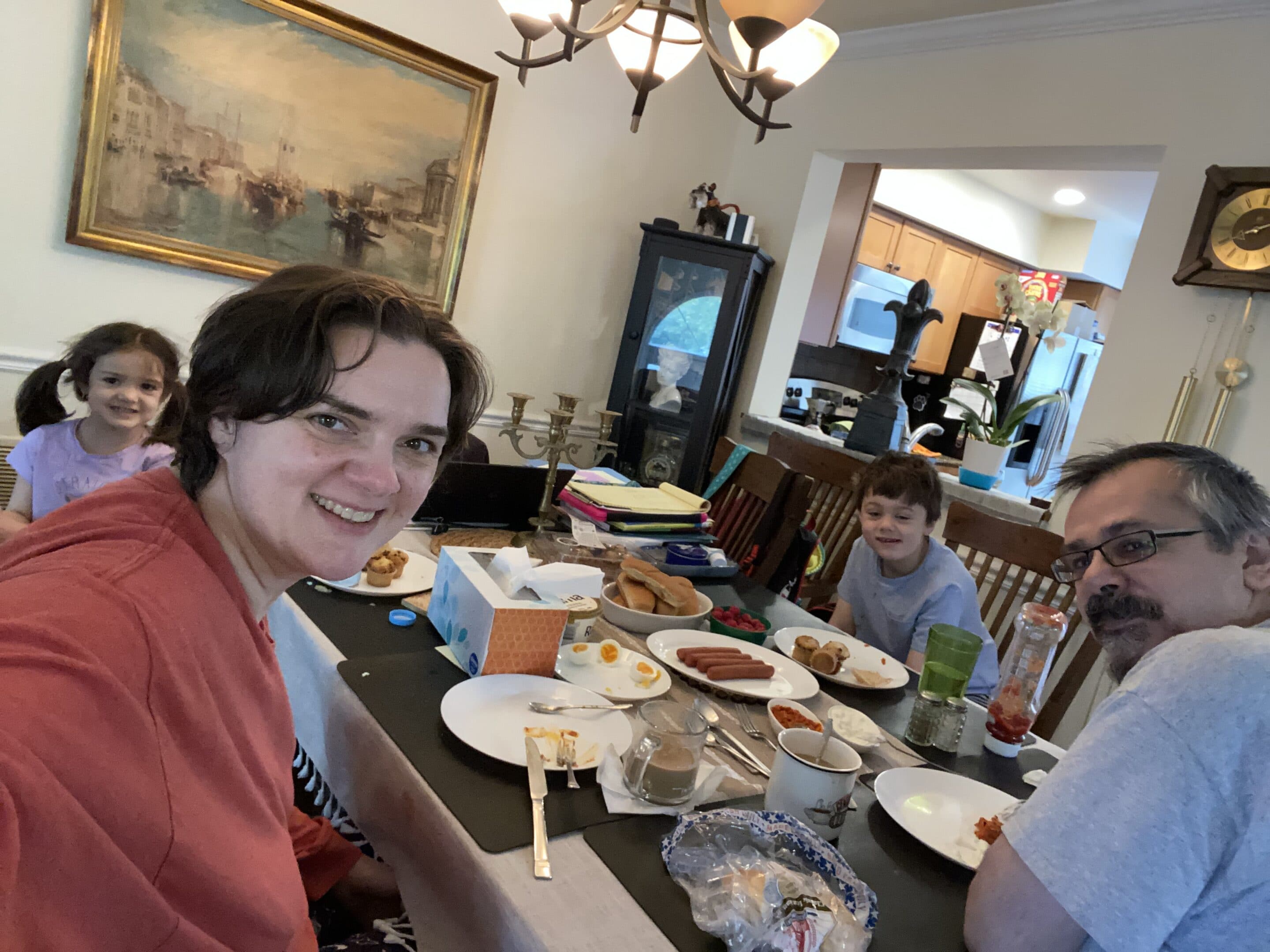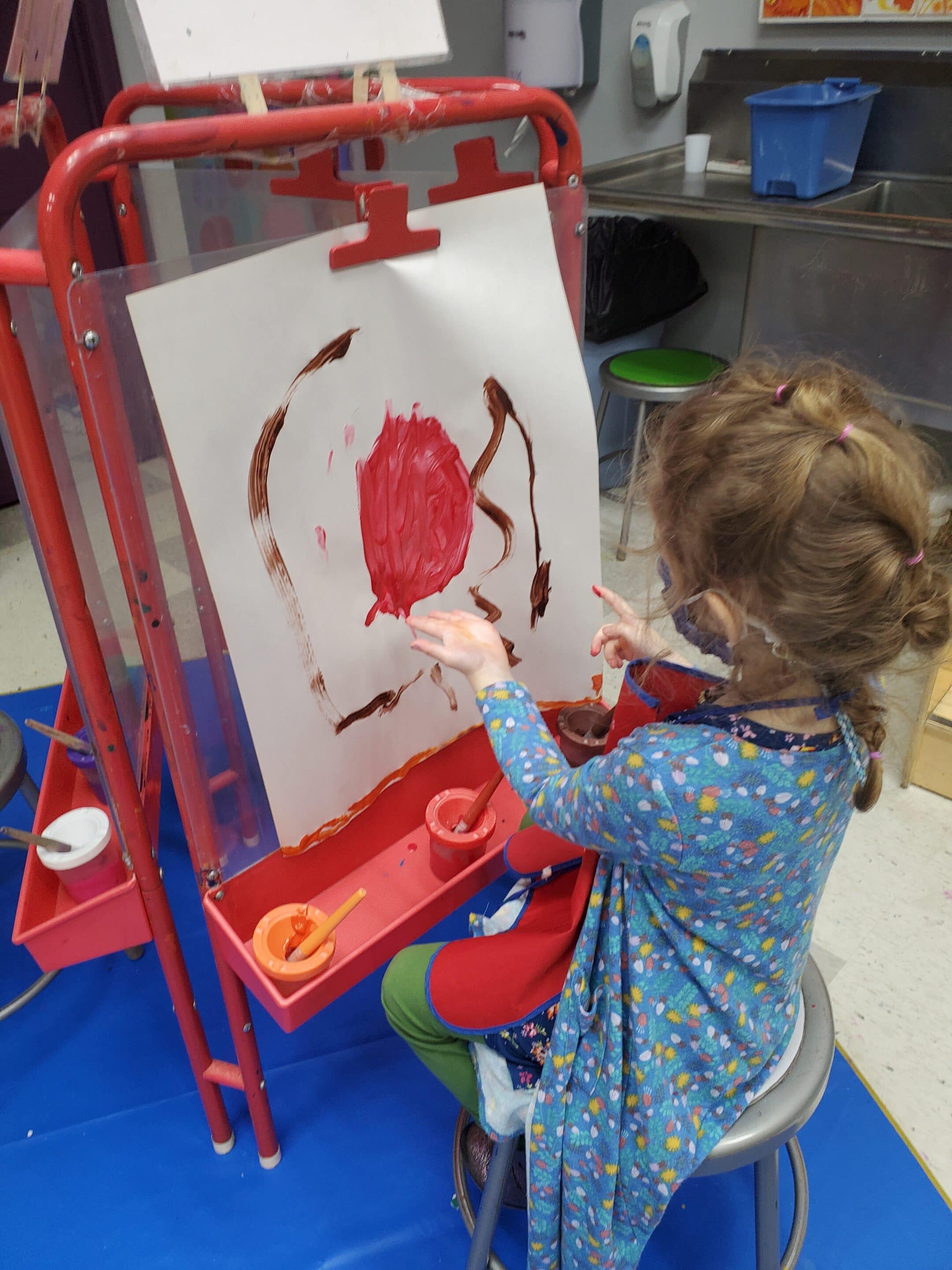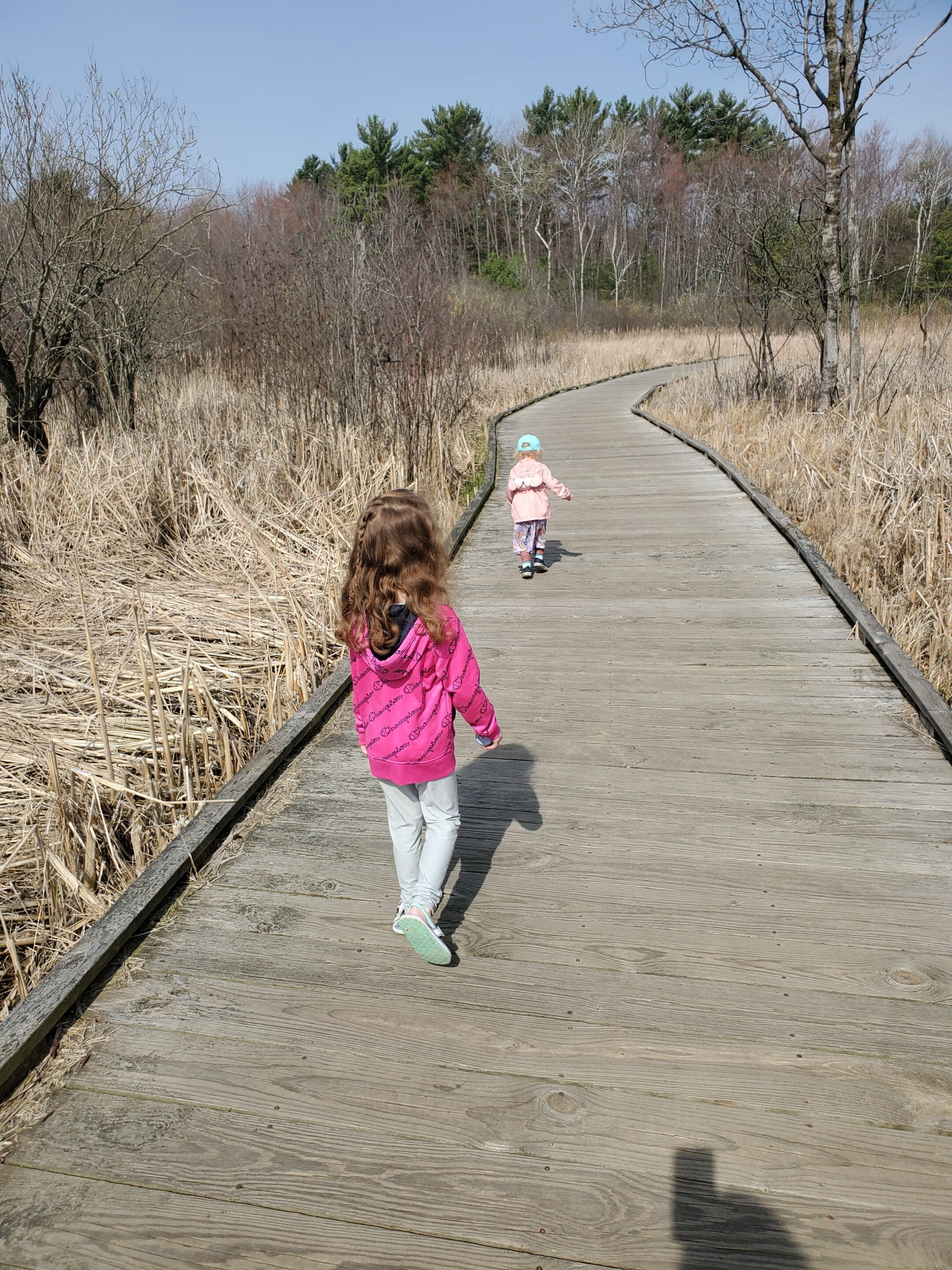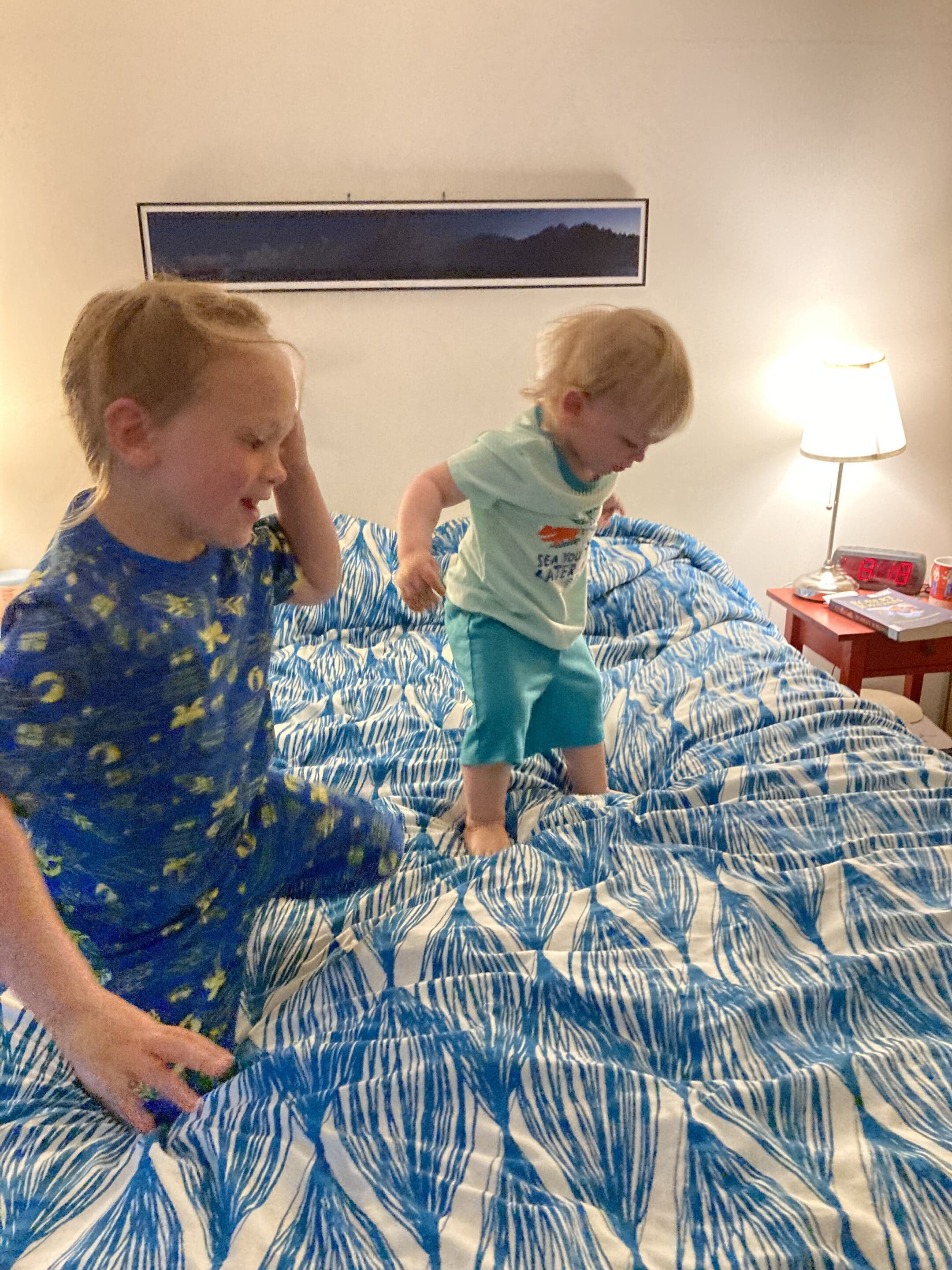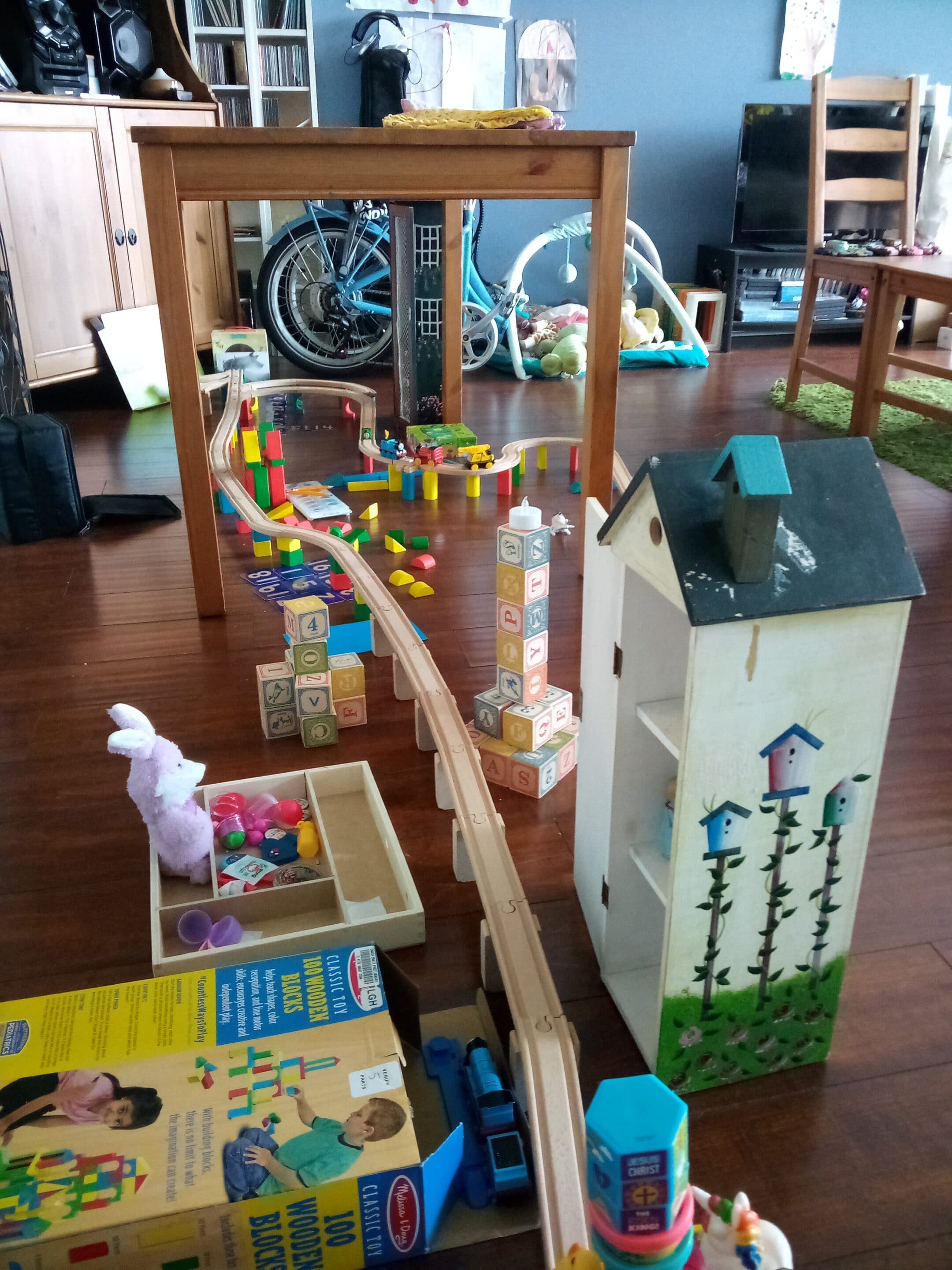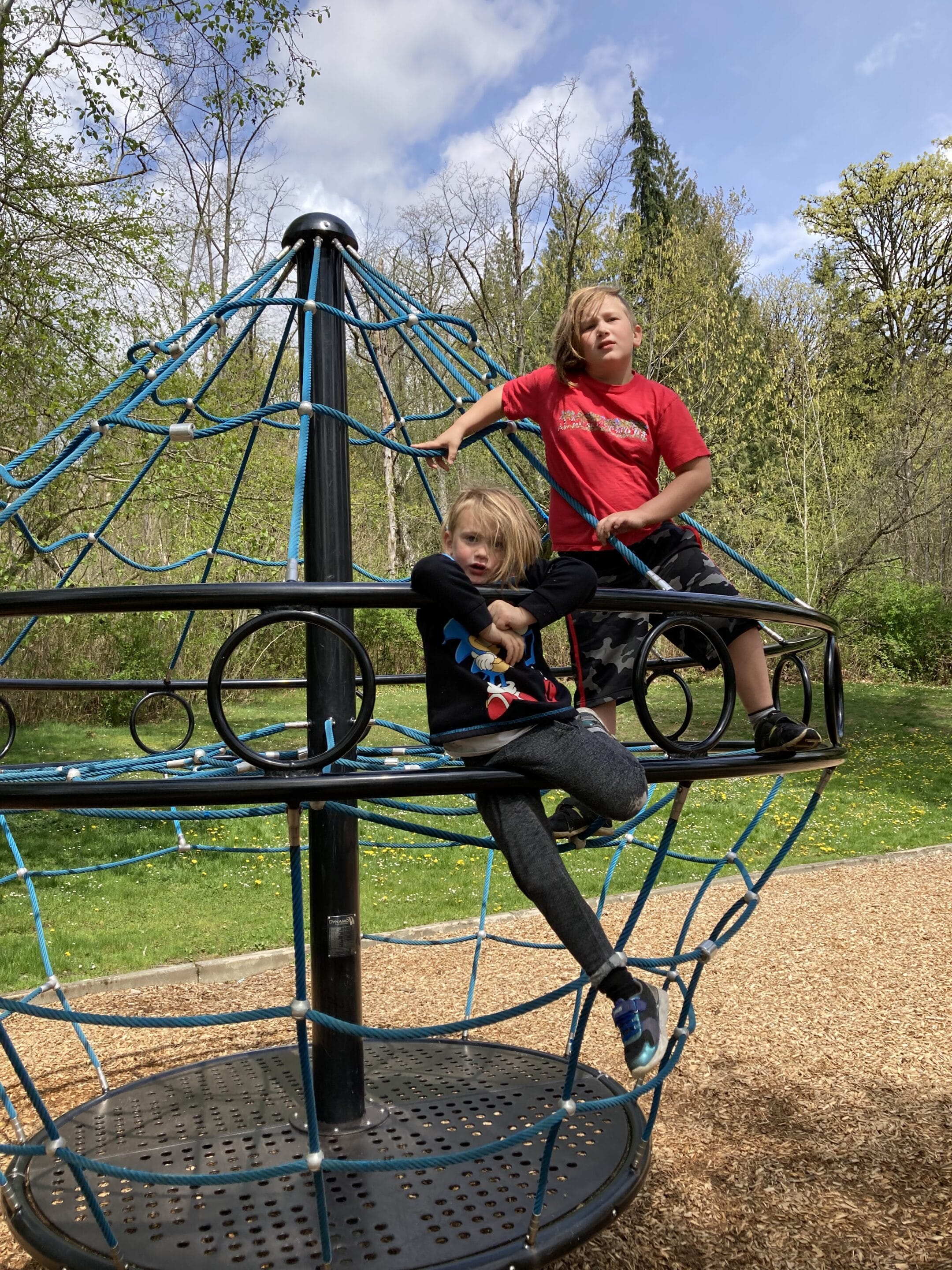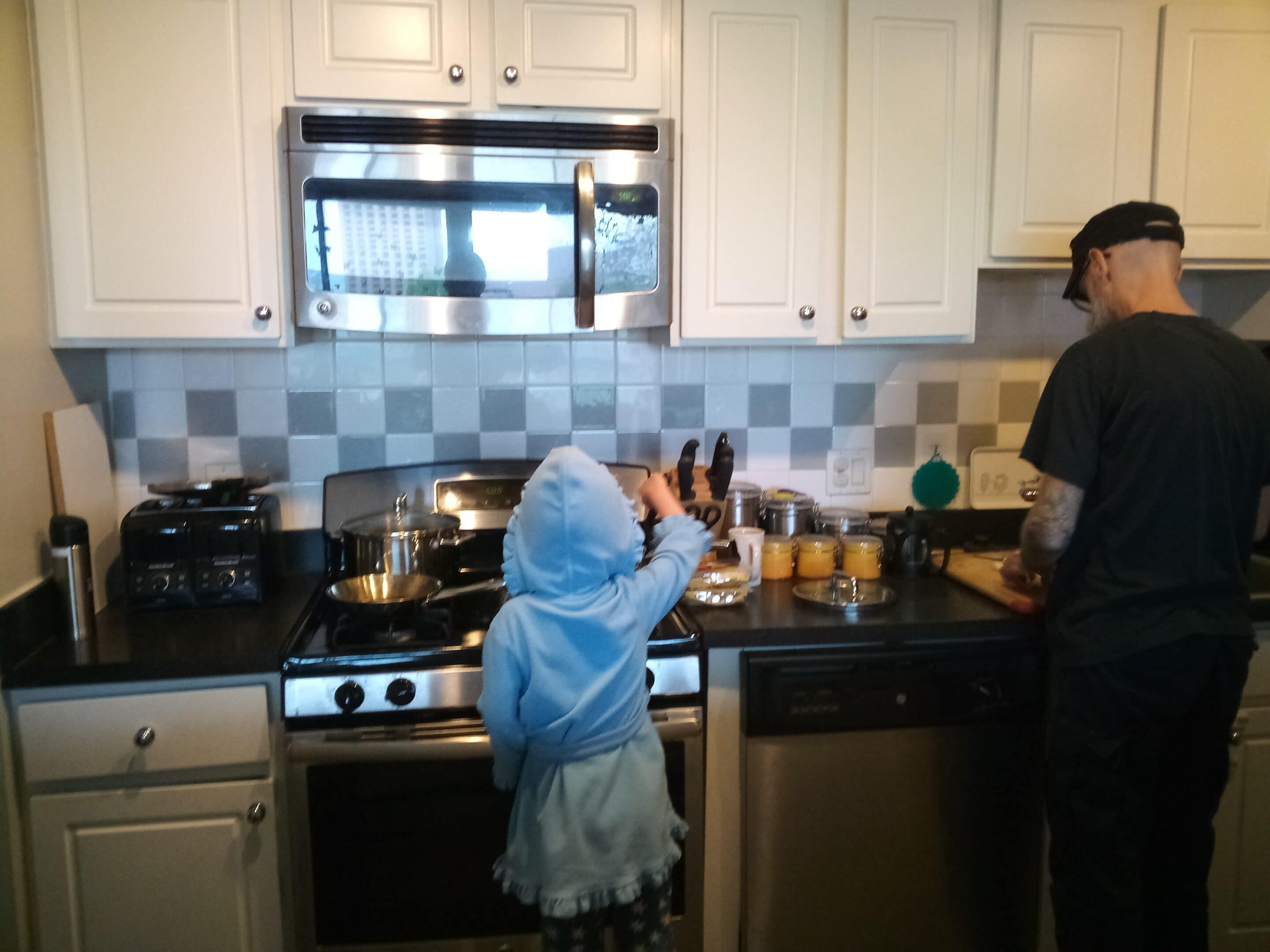
Screen-Free Teen Roundtable
Our 2023 Screen-Free Week Coordinator Jen Kane, recently sat down with three teenagers, ages 15-18, who have spent over a month screen-free during their summers to talk about that experience. The conversation is excerpted below.
Jen: Can you tell me the pros and cons about having gone screen-free?
Keely: When I did screen free [at a day camp] the phone was still there—in the room—but I wasn’t allowed to use it. That’s okay, but it’s even harder when you go somewhere where you’re not even remotely close to any devices. Thankfully, after a while you start to not think about it.
Jen: So, do you think somebody needs to physically take away your device for you to be able to go screen free?
Kaia: Yes. Sometimes I’ll be so bored, or I’m so sick of my phone, and I actually want to do something else. But then I’m still like, [mimes picking up phone] ‘what’s in this app?’
Keely: I do that too.
Ronnie: Sometimes I’m tired of being on my phone, so I’ll read a book. But I’ll still have my phone next to me. The minute it buzzes, I’m like, [mimes scrolling].
Jen: Do you feel like you’re addicted to your phone?
Kaia: For me personally, yeah. Even when I don’t want to be on it, I’m still on it. It’s the first thing I go to all the time, and I will get stressed out if I’m away from it for a long time.
Keely: Sometimes my timer goes off on YouTube, and says, “You spent four and a half hours on YouTube.” And I say, “yeah,” cancel the timer, and watch like, another three hours.
Ronnie: I am a recovering Twitter addict. I’ve deleted it for, like, a week so many times. I always re-download it, even though I hate it. It makes me feel so bad that I’m so addicted to it.
Jen: So how did you stop using Twitter in the past?
Ronnie: It was very spur of the moment thing. There was one day where my timeline was so full of this one argument I thought was really stupid, and people were getting so aggressive over it. And I was just like, ‘why do I do this to myself?’ So, I deleted it.
Kaia: That’s something I’ve done a lot too. I don’t have Twitter, but I’ve deleted TikTok so many times, because when I come back down to Earth, I’m like, ‘I’m not having fun. I don’t like this.’ It just makes me feel bad about myself. It makes me overly socially aware and anxious all the time. It makes you question your sense of self.
That’s why I think it is an addiction. When I’m not on it, I’m like, ‘what a breath of fresh air!” Those constant boosts of serotonin in the moment creep up on you in a way that you don’t even realize that social media is the thing that’s making you so miserable.
Jen: Is there anything in the real world that gives you that same high?
Ronnie: Yeah. The Lord of the Rings. [everyone laughs because Ronnie really, really likes LOTR!]
Jen: Okay, so what does it feel like when you go screen-free and eliminate all that noise in your life?
Ronnie: I feel like I have a lot more time to do things. But sometimes I don’t know what to do. So, it’s like, ‘okay, I can read a book and I can journal.’ I can also have conversations about serious topics with friends and family that respect me, which is way different than Twitter.
Keely: When I come back from a screen-free camp, I’ll sometimes catch up with people on my Instagram feed, text people, and watch reels. But that’s about it, unless it’s close friends. I don’t care about everything everybody posts every day.
Kaia: I journaled about this a lot, especially when I got back from [a screen-free] camp. When I’m really depressed or anxious it’s usually because of social media. Without that distraction it makes me think about myself a lot more. It’s almost like you forget how much fun your mind is when you’re constantly having this other stimulant. You forget what your own brain can do.
Screen-Free week is for teens too! If your teen wants to participate this year, invite them to pledge to participate at screenfree.org/pledge. The teens above aren’t going entirely screen-free on May 1, simply picking one problematic app from which to take a week-long break. Sounds like a great plan to us!


